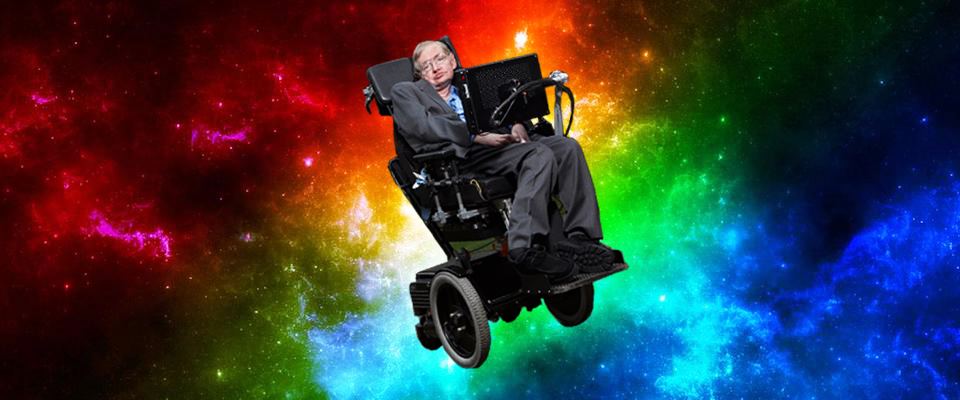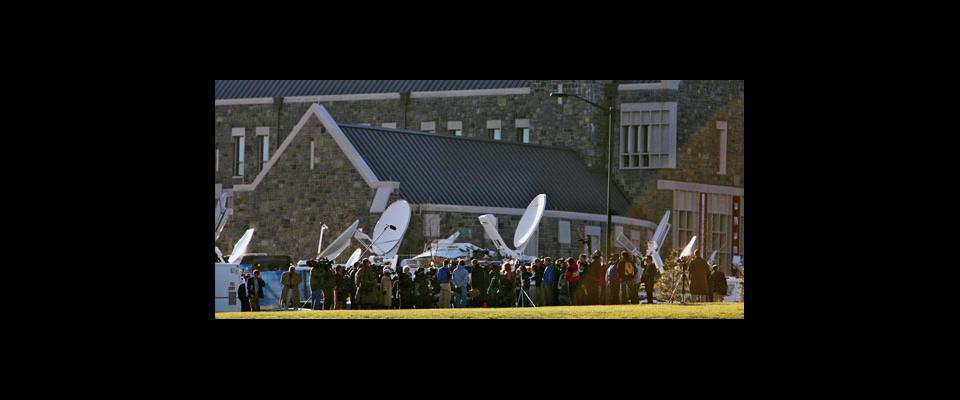John Cho Is (Finally) the Leading Man
Star Trek actor John Cho, ‘96, stars in director Kognada’s Sundance hit debut, Columbus, in theaters now. Cho plays a translator who rushes from Seoul, Korea to his hometown of Columbus, Indiana to take care of his father, who is in a coma. Though best known for his role as Hikaru Sulu in the recent Star Trek revamps, Cho got his start as a fill-in for an extra in a UC Berkeley play. He went on to travel with the Berkeley Repertory Theater and star in the Harold and Kumar film franchise.
In a phone interview, [Kognada] talked about Cho’s reaction to his script, “I remember him saying to me, ‘As I get older, I just want to play quiet more.’ I want for him to have that chance to show us that range, which is so important. Most Asian American males that I know are really thoughtful, reflective, existential people who have these kind of conversations. And some of us know martial arts as well but we’re also mostly wrestling with what it means to be human. And I hardly ever see us having that kind of conversation. I want to see that more.’”
The Making of a Solar Eclipse Megamovie
We’re counting down the hours to the August 21 total solar eclipse. If you’re fortunate enough to have a spot viewing the Moon’s complete movement across the Sun, UC Berkeley, NASA, and California Academy of Science researchers have a task for you: use your smartphone to help capture the rare moment in celestial history. Over a dozen citizen science projects are recruiting eclipse-viewers to help with research ranging from animal behavior in reaction to the eclipse, to a “megamovie” documenting the eclipse’s full movement across the United States.
“This total solar eclipse across the United States is a unique opportunity in modern times, enabling the entire country to be engaged through modern technology and social media,” Carrie Black, a program director at the National Science Foundation’s Division of Atmospheric and Geospace Sciences, said in a statement. “Images and data from as many as millions of people will be collected and analyzed by scientists for years to come.”
Preserving California’s Indigenous Languages

Audio recordings of the state’s indigenous languages are undergoing the process of restoration, thanks to new optical technology developed by the Lawrence Berkeley National Laboratory. Wax cylinder recordings made by UC Berkeley linguists and anthropologists in the early 20th-century hold over 100 hours of audio from 78 different indigenous languages, some of which have long ago fell out of use.
The rich Native American cultural collection will ultimately be accessible to indigenous communities as well as to the general public and scholars. The linguistic diversity of the world’s estimated 7,000 languages is immense. Modern technologies like this one unlock the documentation to enable new community uses and scientific investigations.
Cal Professor Fights Natural Hair Bans
UC Berkeley Law professor Angela Onwuachi-Willig is fighting against policies that restrict how Black students, especially women and girls, are allowed to wear their hair. In response to a number of cases of hairstyle discrimination in Boston, Onwuachi-Willig and three fellow law professors have written letters to state Departments of Education nationwide. Legally, the issue has received mixed response, with government policies and court rulings failing to see similar cases as discriminatory.
When Onwuachi-Willig began research grooming code cases in 2006, she noticed that most scholars failed to realize “how these policies essentially started with the hair texture of white women as the baseline and, in so doing, told Black women that their natural hair is unacceptable.” In turn, she said these policies “discriminate against Black women by imposing costs in time, money, pain, and emotional well-being.
Watch Cal Freshman Break a World Record
Cal freshman and transfer from the class of 2021 broke the Guinness World Record for the largest “human letter.” Over 7,000 students filled up the field in Memorial Stadium to form the letter “C,” breaking the University of Tennessee’s previous record of 4,223 students forming a “T”





















